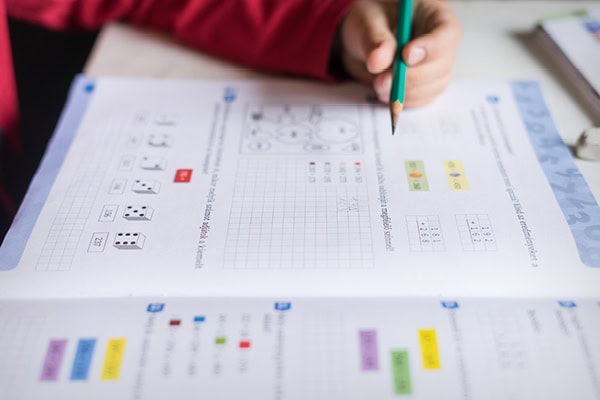Teachers are no more likely than professionals in similar jobs to be absent from work, according to new research that pushes back on the idea that educators frequently skip class, according to Education Week.
The findings, in a working paper published in November, suggest that when compared to people in similar jobs, teachers ask for time off less frequently, have fewer paid leaves, and are more likely to show up for work even if an absence is justified.
Concerns about teacher absences have been voiced for years. Federal data, for example, showed that 29 percent of teachers were considered chronically absent during the 2015-16 school year. And those concerns about teacher absences grew throughout the pandemic, as the focus on chronic absenteeism among students intensified.
The study compared teachers’ absence rates between 1995 and 2019—preceding the pandemic—to those in nursing, accounting, social work, and education support positions, using data from the O*NET database maintained by the U.S. Department of Labor, which compares job and employee characteristics. Those occupations were chosen for comparison because the people who hold them tend to have similar demographic backgrounds and are similarly likely to hold second jobs, the work requires similar education levels, and the positions tend to have similar amounts of available paid time off.
The analysis suggests teachers maintain similar levels of attendance as observationally similar workers, despite receiving lower wages and being exposed to stressful working conditions.
The study’s findings are noteworthy because teacher absences have academic consequences for students. Educator absences can disrupt instruction schedules, reduce the quality of instruction students receive, and ultimately lead to lower standardized test scores, previous research has found.
The problem is compounded now, as districts struggle to hire and retain high -quality substitute teachers.
Those consequences and challenges could lead teachers to work when they’re sick, in an attempt to prevent negative impacts on students, the study says. But the flip side is that going to school when sick can expose students to illness, too. And other studies have shown sick teachers have a harder time managing the classroom and creating positive relationships with students, the report noted.
The study also found that people who have ever been teachers in their career, “consistently show a lower level of absences than others,” which implies educators have a high intrinsic motivation to attend work.
Districts that aim to maintain or reduce the level of teacher absences should consider more supportive, rather than punitive measures, the report says. Those could include offering wellness programs, providing onsite daycare, and finding ways to reduce teachers’ workloads, the report concluded.
Education Week





